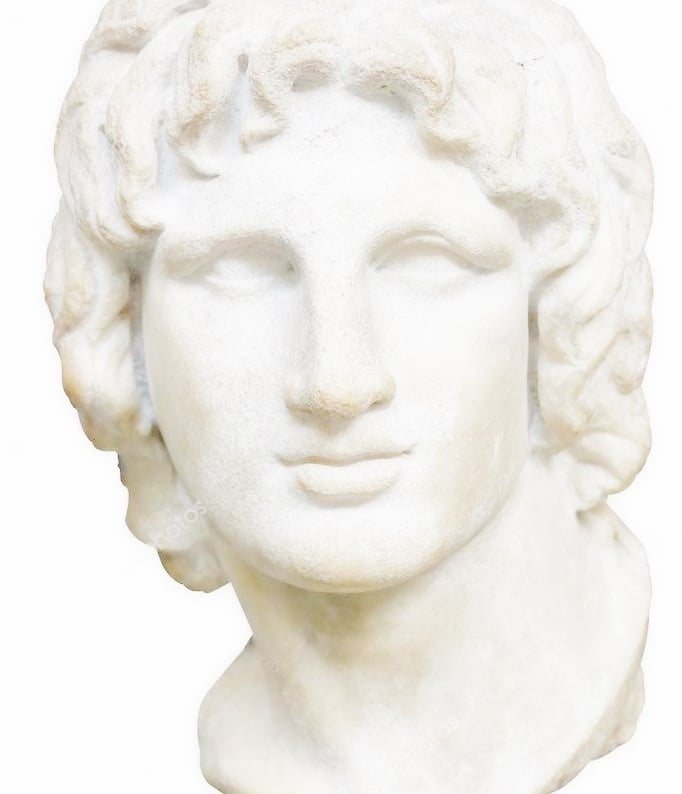Origin
The Historical Development of the Alexander the Great Personality Test.
Alexander the Great, King of Macedonia, established what was the world's largest empire, surpassing even the Roman Empire in size. He formed alliances with the City-States of Athens and Sparta, conquered Egypt to found the city of Alexandria (which thrives today), conquered modern-day Turkey, and extended his conquests all the way to India - all within a remarkable span of 13 years. He is celebrated as a military genius, strategist, diplomat, and master of organizational politics laying the foundation for multinational governance ahead of his time. Today his tactics are studied in military academies worldwide.
The renowned pre-Christian philosopher Aristotle served as Alexander's tutor, himself a disciple of Plato, another towering figure in philosophy. Plato, in his work, the Symposium, references a system for understanding human personality, known as the Cardinal Virtues, suggesting its ancient origins even in his era. Alexander greatly benefited from the wisdom of these exceptional thinkers.


So, what are the cardinal virtues? First, let's define virtues: they are stable good habits. Just as there are good habits. there are also bad habits referred to as vices. While temperaments remain constant, habits can be acquired or lost over a lifetime. People can change but habits are steadfast. They develop gradually in response to life challenges and require sustained effort. There is significant merit in continually cultivating one's good habits.
The concept of the Cardinal Virtues endured for 2500 years, not only among the Greek, but also the Romans (Cicero and Seneca), the Jews (Philo) and Christians (St. Clement of Alexandria, St. Augustine and St Thomas Aquinas). They have been hailed as "one of the great discoveries in the history of human self-understanding". To this day, numerous organizations recommend them for the personal development of their members, spanning a wide spectrum from the Catholic Church to the FreeMasons.


